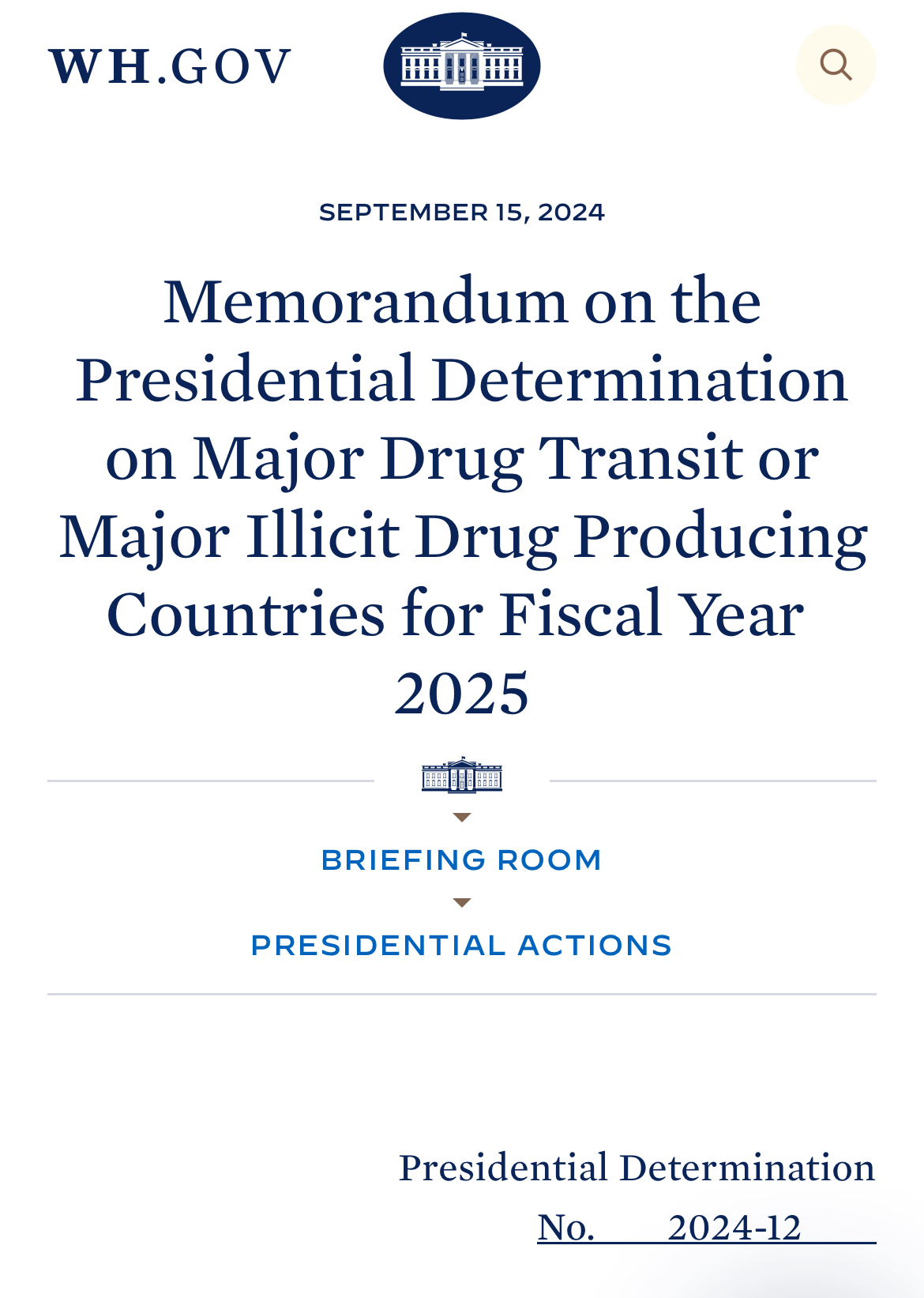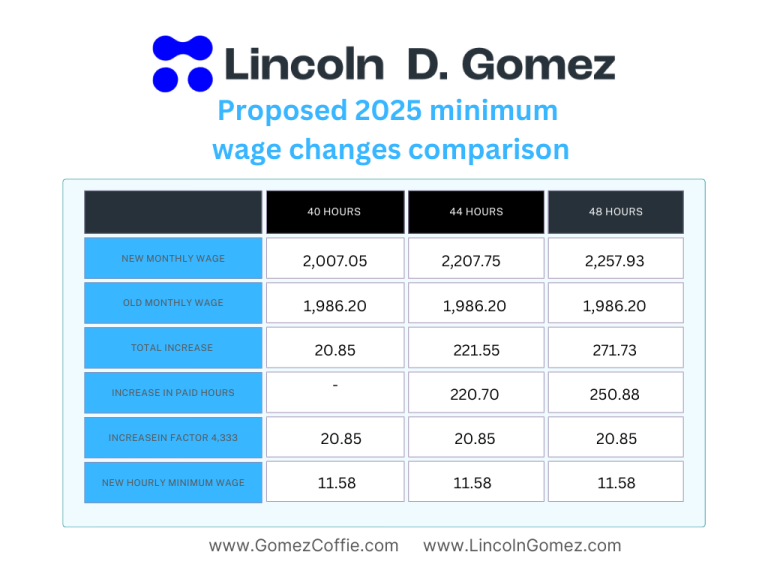THE POTUS MEMORANDUM AND THE COMPLIANCE RIPPEL EFFECT FOR ARUBA
The Impact on Venezuelan Investments in Aruba
Aruba has historically been an attractive destination for Venezuelans, particularly those looking to invest in real estate and business ventures. With Venezuela now officially designated as a high-risk country under U.S. counterdrug efforts, it may become harder for Venezuelan nationals in Aruba to maintain smooth financial operations. The Central Bank of Aruba (“CBA”), the Anti-Money Laundering (AML) regulator and those professional under supervision by the CBA could view Venezuelan investments and financial transactions with more scrutiny, particularly with regard to compliance with international sanctions, illicit finance regulations, and the identification of potentially suspicious activities.
Venezuelan passport holders involved in Aruban businesses and real estate may now very well face increased regulatory oversight. As the U.S. intensifies efforts to disrupt illicit drug trade, including targeting the financial systems linked to drug trafficking, Aruban financial institutions could impose stricter due diligence requirements on Venezuelan investors. This might include enhanced reporting requirements, closer monitoring of transactions, and a more cautious approach to granting loans or even on incoming wire-transfers.
AML Implications for Aruba
From an anti-money laundering (AML) perspective, Venezuela’s inclusion on this list raises the stakes for compliance in Aruba. As an island that is not only a popular tourist destination but also a hub for foreign investment, the Central Bank of Aruba and both financial-, and non-financial service providers that are under the supervision of the Central Bank institutions may need to enhance their compliance frameworks to ensure they are aligned with international standards, particularly in relation to Venezuelan capital. This will (or should) also prompt the service providers to perform an ad hoc periodic review of all their clients that hold Venezuelan passports or who transact with Venezuelans.
Geopolitics
Given the strained political climate between Venezuela and the U.S., especially in the aftermath of contested elections in Venezuela, one cannot rule out the possibility that the U.S. is placing additional pressure on Venezuela to mitigate the influence of the current government. As a result, Aruban businesses connected to Venezuela may face more scrutiny from the U.S. Treasury Department, particularly with regard to ensuring that funds coming from Venezuelan sources are legitimate and not tied to illicit narcotic activities or corrupt government officials.
Other neighbors
In addition to Venezuela, neighboring countries like Colombia, Ecuador, Panama, and the Dominican Republic are also listed in the Biden Memorandum for their roles in drug production and trafficking, which could impact Aruba. These countries serve as key transit hubs or sources of illicit drugs and precursor chemicals, raising concerns about potential spillover effects on Aruba’s economy, especially in financial transactions and trade routes. Given Aruba’s proximity and economic ties to these nations, it’s essential to remain vigilant and strengthen anti-money laundering (AML) measures to avoid becoming entangled in regional drug-related activities.
What Could This Mean for Aruba?
The Biden Memorandum could have a substantial ripple effect on Aruba, especially concerning Venezuelan investments. Businesses in Aruba will need to be vigilant in their compliance efforts to avoid inadvertently facilitating illicit financial activities. Moreover, Venezuelan nationals investing or residing in Aruba may face increasing challenges in navigating the evolving international regulatory environment. As the U.S. steps up its global anti-drug campaign, Aruba’s role as a business and investment hub for Venezuelans will likely be subject to heightened scrutiny. Read the full memorandum here.Don’t forget to visit www.lincolngomez.com for all my latest blogs and podcasts!
















